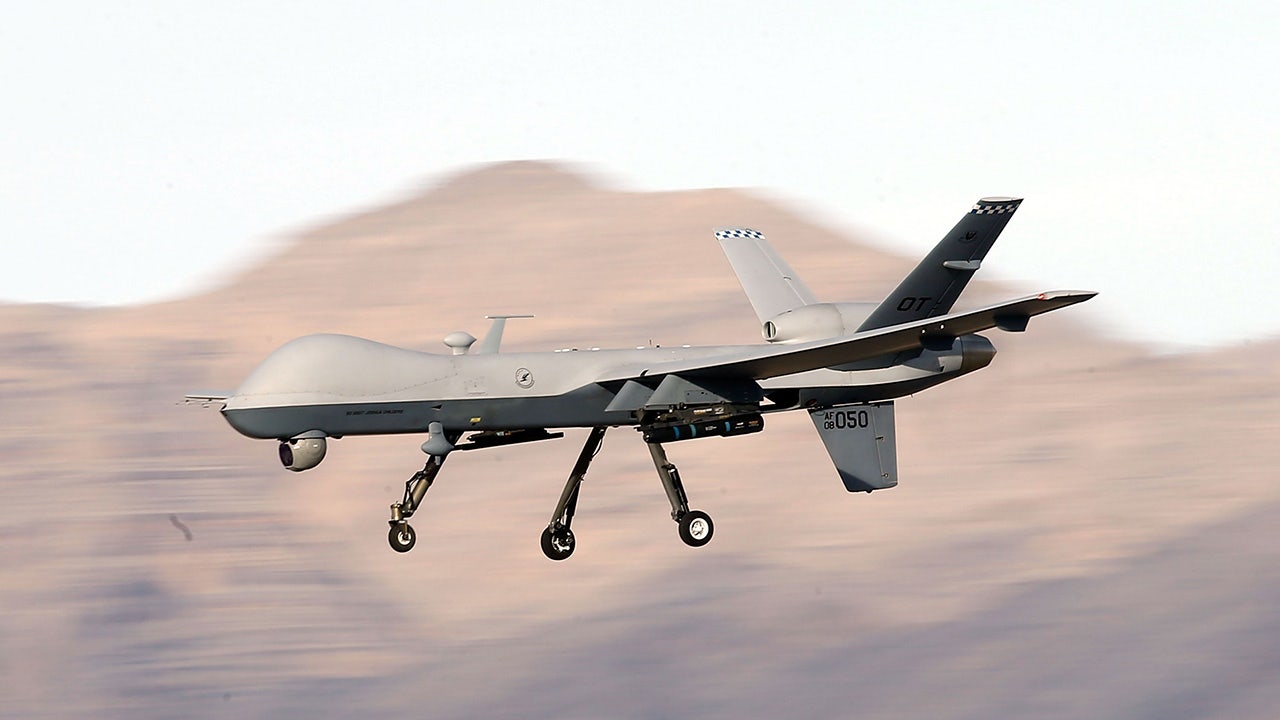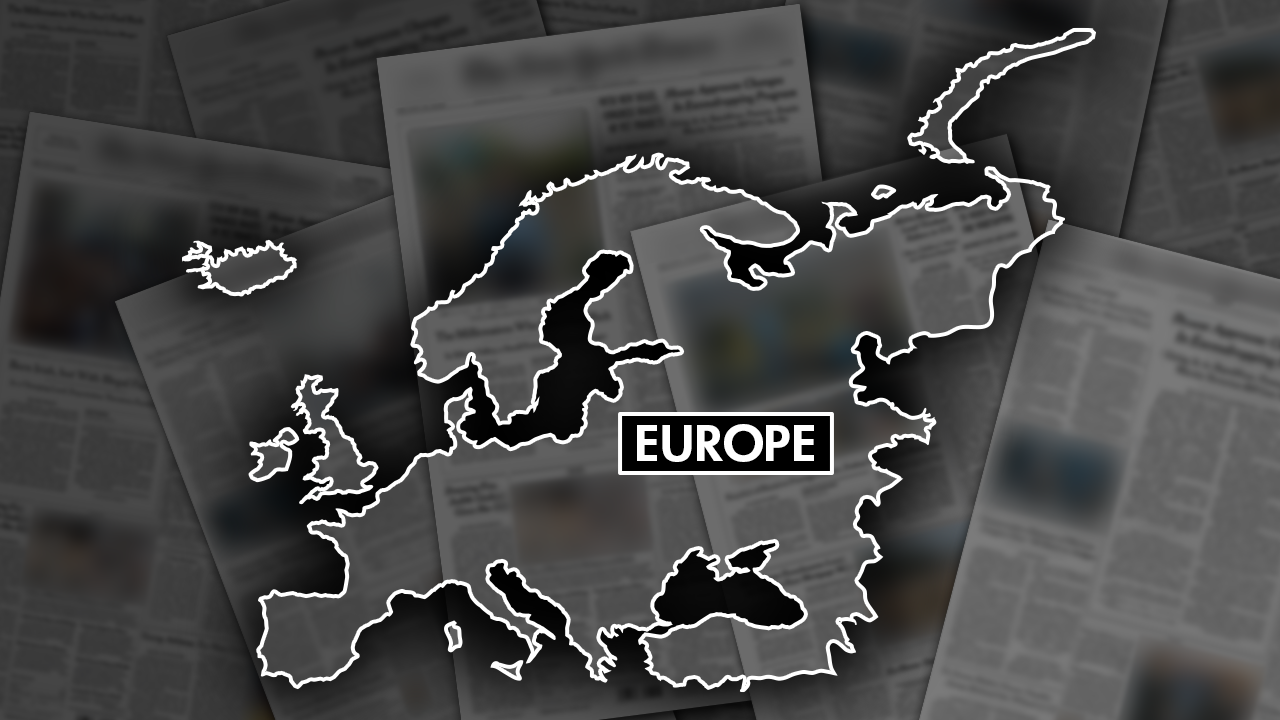A jury in South Florida has ruled that Chiquita Brands is liable for eight killings carried out by a right-wing paramilitary group that the company helped finance in a fertile banana-growing region of Colombia during the country’s decades-long internal conflict.
The jury on Monday ordered the multinational banana producer to pay $38.3 million to 16 family members of farmers and other civilians who were killed in separate episodes by the United Self-Defense Forces of Colombia — a right-wing paramilitary group that Chiquita bankrolled from 1997 to 2004.
The company has faced hundreds of similar suits in U.S. courts filed by the families of other victims of violence by the paramilitary group in Colombia, but the verdict in Florida represents the first time Chiquita has been found culpable.
The decision, which the company said it planned to appeal, could influence the outcome in other suits, legal experts said.
The verdict in favor of the victims is a rare instance — in Colombia and elsewhere — in which a private corporation is held accountable to victims for its operation in regions with widespread violence or social unrest, legal experts said.
“We’re very happy about the jury’s verdict, but you can’t escape that we’re talking about horrific abuses,” said Marco Simons, a lawyer for EarthRights International, an environmental and human rights group, who represented one family in the legal claim.
Agnieszka Fryszman, another lawyer who represented the plaintiffs, said, “The verdict does not bring back the husbands and sons who were killed, but it sets the record straight and places accountability for funding terrorism where it belongs: at Chiquita’s doorstep.”
The jurors reached their decision after two days of deliberation and six weeks of trial in U.S. District Court in West Palm Beach, in which lawyers argued over the motivation for payments that Chiquita executives admitted making to the paramilitary group.
The State Department designated the United Self-Defense Forces of Colombia as a foreign terrorist organization in 2001.
Chiquita, as part of a plea deal with the Department of Justice to settle charges of doing business with a terrorist group, admitted in 2007 to having paid the paramilitaries $1.7 million, as an investigation revealed.
The United Self-Defense Forces were a product of Colombia’s brutal civil war, which erupted in the 1960s and killed at least 220,000 people.
They formed in 1997 as a coalition of heavily armed far-right groups that drug traffickers and businesspeople turned to for protection from leftist guerrilla groups.
The war ended in 2016 when the government and the main leftist group, which was also responsible for killing civilians, signed a peace deal.
Lawyers representing the families in the South Florida trial argued that Chiquita’s operations benefited from the company’s relationship with the paramilitary group, which sowed fear across a 7,000-square-mile fertile farming region connecting Panama and Colombia until it disbanded in 2006.
They said the group killed or forced out farmers, allowing Chiquita to buy land at depressed values and expand its operations by converting plantain farms to more profitable banana farms.
Lawyers representing Chiquita questioned whether the victims had been killed by the paramilitaries or by other armed groups and said that the company’s employees had also been threatened by the paramilitaries. Executives and employees, defense lawyers said, were being extorted by the self-defense forces and made payments to ensure their safety.
“The situation in Colombia was tragic for so many,” Chiquita said in a statement after the verdict. “However, that does not change our belief that there is no legal basis for these claims.”
Some victims who were part of the lawsuit were killed in front of their family members, lawyers for the plaintiffs said.
In one case, an unidentified girl was traveling to a farm by taxi with her mother and stepfather when they were stopped by gunmen, the lawyers said during the trial. The men executed the stepfather and then fatally shot the mother as she tried to run away. They then gave the girl the equivalent of 65 cents to take a bus back to town.
Chiquita, which was formerly known as the United Fruit Company, is also a defendant in a suit filed in Medellín, Colombia’s second-largest city, asserting that payments Chiquita made to the United Self-Defense Forces rose to involvement in criminal activities.
“The name Chiquita resonates in the recent history of the country,” said Sebastián Escobar Uribe, one of the lawyers in the Medellín suit. “When you investigate a corporation with significant financial muscle in a country like Colombia, the judicial system is vulnerable to being co-opted by that company.”
In the United States, it is unusual to hold a corporation financially liable for human rights violations beyond the country’s borders, said James Anaya, who teaches international human rights at the University of Colorado Law School.
The lawsuit that resulted in the South Florida verdict had been winding its way through the court system since it was filed in 2007 and withstood several legal challenges to reach a trial.
“It’s not impossible for these cases to happen,” Mr. Anaya said. “There’s certainly a path for them.”
But, he added: “It’s not common. Everything has to fall into place.”
Human rights advocates in Colombia lauded the jury’s verdict.
Gerardo Vega, the former director of Colombia’s National Land Agency, which is responsible for returning land to people who were displaced by force, said in a video statement that the ruling was a vindication of the fight against impunity in the United States.
“The Colombian justice system should also act,” Mr. Vega said. “We need Colombian judges to convict the businesspeople who, just like Chiquita, were paying” paramilitary groups.
Raquel Sena, the widow of a farmworker who was killed in the banana-producing region, said in an interview with a Colombian radio station that the United Self-Defense Forces had killed him after he refused to sell them his plot of farmland.
“I’m never going to overcome his death,” she said in a video posted on X. “We want Chiquita Brands to acknowledge us because they’re the ones who paid for people to get killed here.”






